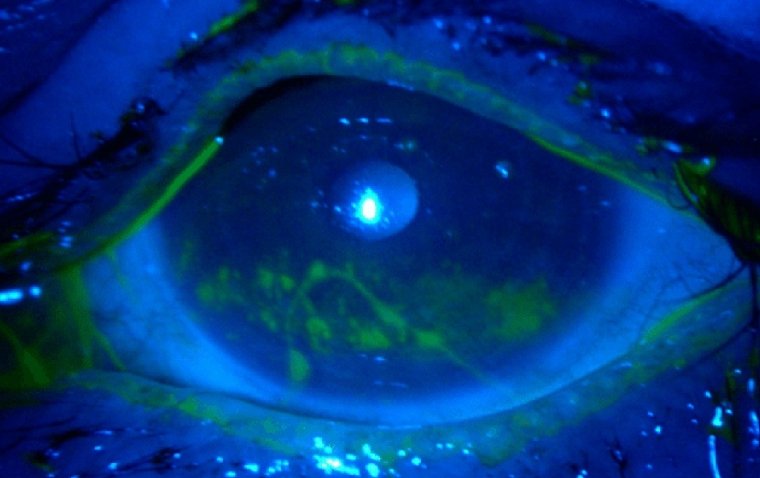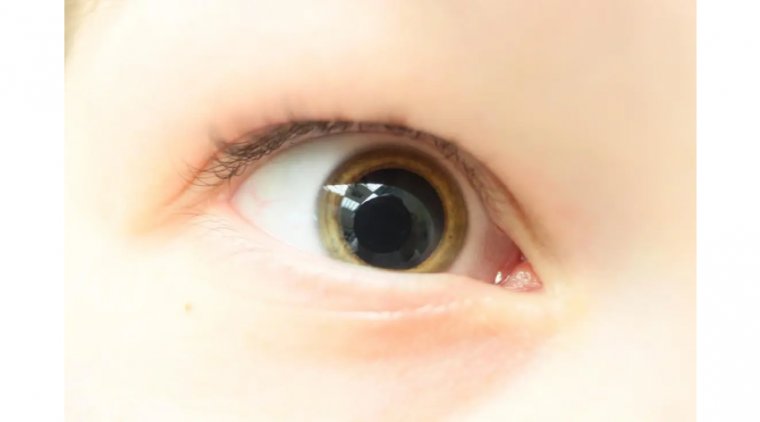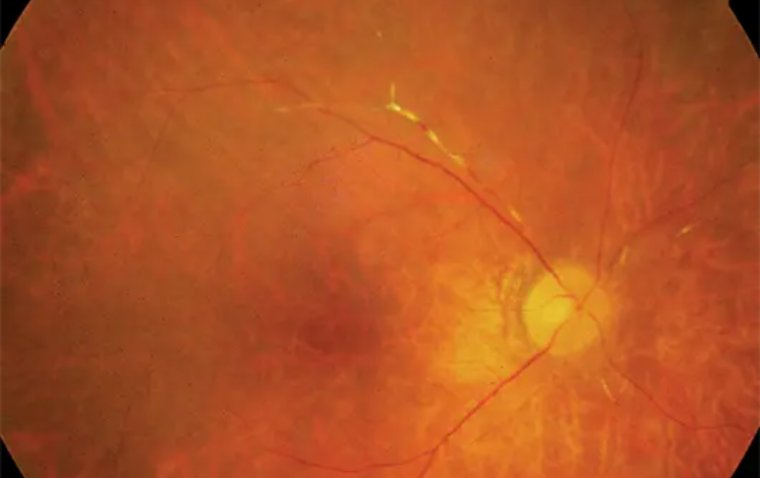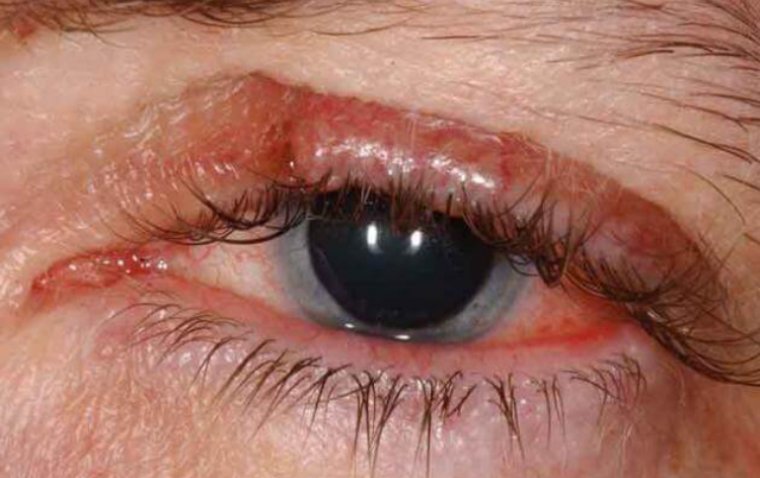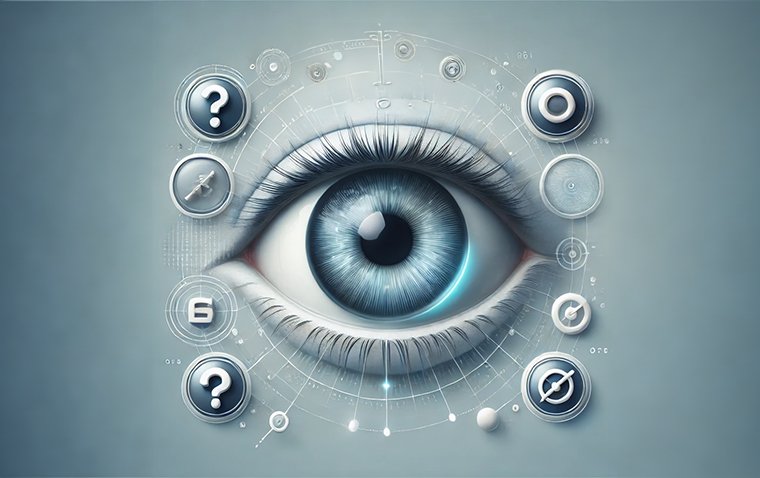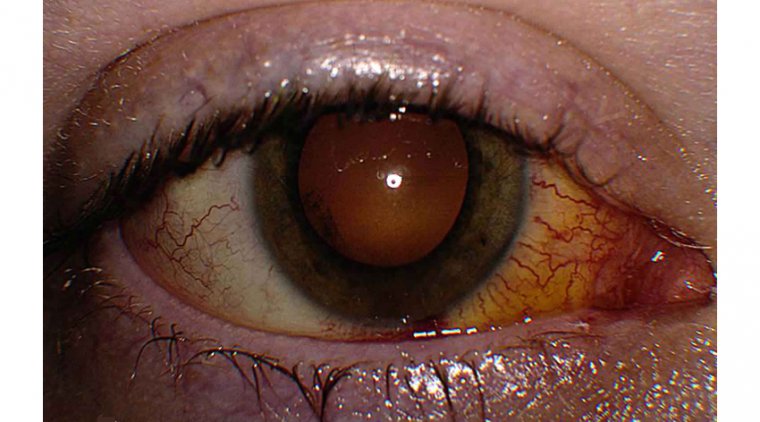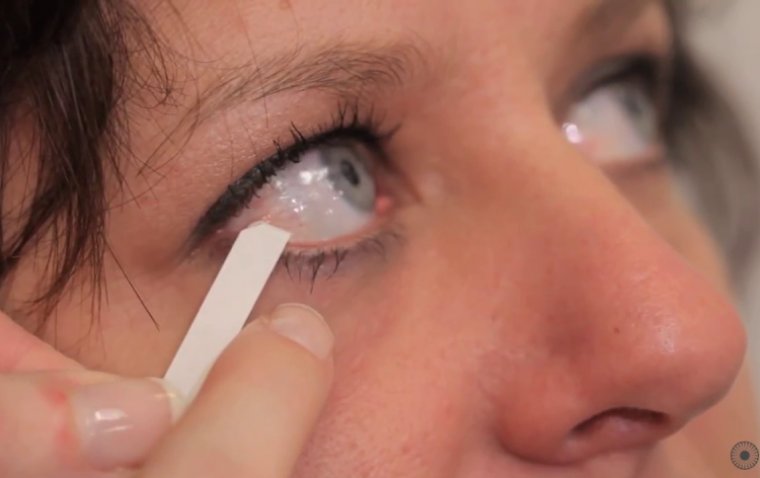
Top 10 Lifestyle Changes to Improve Your Eye Health
Taking care of our eyes is crucial for maintaining good vision and overall health. Many lifestyle factors can impact our eye health, including diet, exercise, and habits like smoking. In this article, we will explore the top 10 lifestyle changes that can help improve your eye health.
1. Eating a healthy diet
Eating a healthy diet is one of the most important things you can do to improve your vision. Foods rich in nutrients such as omega-3 fatty acids, vitamin C, and vitamin E have been linked to a lower risk of age-related macular degeneration and cataracts. These nutrients help protect the eye from damage caused by free radicals, which can harm the cells in the eye over time.
Additionally, foods high in zinc and lutein can also help maintain healthy vision by protecting the eye's macula and reducing the risk of macular degeneration. Incorporating a variety of fruits, vegetables, and lean proteins into your diet can provide these essential nutrients and help improve your vision over time.

2. Exercising regularly
While it may not be widely known, exercising regularly can actually have a positive impact on your vision. Physical activity has been linked to a number of health benefits, including reducing the risk of chronic diseases such as diabetes and heart disease, both of which can lead to vision problems.
In addition, exercise has been shown to improve blood flow throughout the body, including to the eyes, which can help keep the eyes healthy and functioning properly. Exercise can also reduce inflammation, which has been linked to age-related vision loss. Additionally, some studies suggest that regular exercise may lower the risk of developing conditions such as cataracts and age-related macular degeneration. Therefore, incorporating regular exercise into your routine can not only benefit your overall health, but also contribute to better vision.

3. Quitting smoking
Smoking is a habit that can have a detrimental impact on many aspects of your health, including your vision. One of the most significant ways that quitting smoking can improve your vision is by reducing the risk of developing age-related macular degeneration (AMD). This condition is a leading cause of vision loss in older adults and is more common among smokers.
Smoking has also been linked to an increased risk of cataracts, another common condition that can lead to vision problems. Quitting smoking can also help to improve blood flow throughout the body, including to the eyes, which can reduce the risk of damage to the optic nerve and other structures in the eye. Additionally, smoking can cause inflammation, which can contribute to a range of eye problems. By quitting smoking, you can help to protect your eyes and reduce the risk of vision loss and other eye-related issues.

4. Protecting your eyes from UV rays
Wearing sunglasses that block UV rays can help protect your eyes and prevent damage caused by exposure to these harmful rays. When choosing sunglasses, it is important to look for those that offer 100% protection against both UVA and UVB rays. Additionally, wearing a hat with a wide brim can provide further protection from the sun's rays.
It is also important to remember that UV rays can penetrate clouds and reflect off surfaces like water, snow, and sand, so it is important to wear sunglasses even on cloudy days or when in shaded areas. By taking these steps to protect your eyes from UV rays, you can help to maintain good vision and reduce the risk of developing eye-related problems over time.

5. Taking regular breaks from screens
Spending long periods of time looking at a computer, phone, or other digital screens can cause eye strain, dryness, and other vision-related problems. Taking regular breaks from screens is an effective way to reduce these symptoms and improve your overall vision. The American Academy of Ophthalmology recommends the 20-20-20 rule, which involves taking a 20-second break every 20 minutes to look at something 20 feet away. This can help to reduce eye strain and fatigue caused by staring at a screen for an extended period of time.
Additionally, adjusting the lighting and positioning of your screen can also help reduce eye strain. Ensuring that the screen is not too bright and that the contrast is comfortable can help reduce the strain on your eyes. By taking regular breaks and making small adjustments to your screen usage, you can help to reduce the risk of developing eye-related problems and maintain good vision over time.

6. Getting enough sleep
Getting enough sleep is crucial for maintaining good overall health, and it can also have a positive impact on your vision. Studies have shown that sleep deprivation can cause a range of vision-related problems, including dry eyes, blurred vision, and difficulty focusing. Lack of sleep can also lead to eye spasms and increased sensitivity to light.
On the other hand, getting enough sleep can help to reduce eye strain and keep the eyes healthy and functioning properly. During sleep, the eyes get a chance to rest and recover from the strain of daily activities. Additionally, getting enough sleep can also help to reduce the risk of developing conditions like glaucoma and age-related macular degeneration. Therefore, ensuring that you get enough sleep on a regular basis is an important part of maintaining good vision and overall health.

7. Managing chronic conditions
Managing chronic conditions can have a significant impact on improving vision. Chronic conditions such as diabetes, high blood pressure, and high cholesterol can lead to eye diseases such as diabetic retinopathy, hypertensive retinopathy, and age-related macular degeneration. By managing these conditions through regular check-ups, medication, and lifestyle changes, individuals can prevent or slow down the progression of these eye diseases.
Furthermore, managing chronic conditions can also reduce the risk of developing other systemic conditions that can impact vision, such as stroke and heart disease. Therefore, it is important for individuals with chronic conditions to work closely with their healthcare providers to manage their conditions effectively and maintain good eye health.
.jpg)
8. Drinking plenty of water
While it is commonly known that drinking water is essential for overall health, many people are unaware of the benefits it can have for our eyesight. Drinking plenty of water can help improve vision in a few ways. Firstly, water helps to maintain the moisture level in the eyes, preventing dryness and irritation. Secondly, dehydration can lead to a decrease in the volume of blood in the body, which can cause the eyes to become dry and strained.
Finally, water plays a crucial role in flushing out toxins from the body, which can contribute to eye problems such as cataracts and macular degeneration. By staying hydrated and drinking plenty of water throughout the day, we can help keep our eyes healthy and our vision sharp.
.jpg)
9. Managing stress
Stress can have a significant impact on our overall health, including our vision. When we are under stress, our bodies release hormones that can cause inflammation, which can affect our eyesight. Prolonged stress can also cause the muscles around the eyes to tense up, leading to eyestrain, headaches, and blurred vision.
However, managing stress can have a positive impact on our vision. Practices such as meditation, yoga, or deep breathing exercises can help reduce stress levels and promote relaxation. Getting enough rest and regular exercise can also help manage stress and improve blood flow to the eyes. By taking steps to manage stress, we can help protect our eyesight and maintain healthy vision for years to come.

10. Limiting alcohol consumption
Alcohol can impair our ability to see clearly and can cause blurry vision, double vision, and even temporary blindness. Long-term heavy drinking can also cause damage to the optic nerve, leading to permanent vision loss. Furthermore, alcohol can affect the body's ability to absorb important nutrients that are essential for maintaining healthy eyesight.
By limiting alcohol consumption, we can reduce the risk of developing vision problems and maintain good eye health. It is recommended that men limit their alcohol consumption to no more than two drinks per day, while women should have no more than one drink per day. By practicing moderation and making responsible choices when it comes to alcohol, we can help protect our eyesight and maintain good overall health.
.jpg)
Making lifestyle changes to support good eye health can be beneficial for both your vision and overall health. By incorporating healthy habits like a balanced diet, regular exercise, and regular eye exams into your routine, you can help maintain good eye health for years to come.
(1).jpg)
